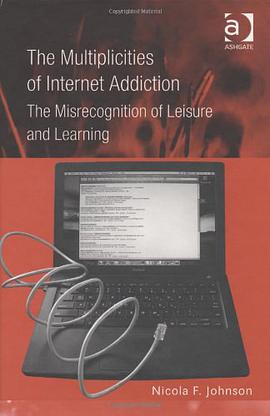

具体描述
In comparison with the traditional notion of science as generalizable and predictive knowledge, Five Kohutian Postulates presents psychotherapy as a science of the unique. It uses the philosopher Imre Lakatos' emphasis on research programs that organize around a central postulate and auxiliary postulates to explicate Heinz Kohut's "self-psychology." Kohut's psychotherapy theory entails four auxiliary postulates that are interlinked to the central postulate of empathic understanding, and to each other. The main chapters illustrate how these postulates function as orienting stars in theoretical space to foster a firm psychotherapeutic identity, and to concurrently foster the inclusion of complementary ideas from other psychotherapy theories. These chapters also reveal how self-psychology exemplifies Lakatos's idea that the most valuable scientific theory is regenerative. The last chapter points to the need for post-modern psychoanalytic psychotherapy to take seriously the idea of a professional commitment to the patient.
作者简介
目录信息
读后感
评分
评分
评分
评分
用户评价
相关图书
本站所有内容均为互联网搜索引擎提供的公开搜索信息,本站不存储任何数据与内容,任何内容与数据均与本站无关,如有需要请联系相关搜索引擎包括但不限于百度,google,bing,sogou 等
© 2026 book.wenda123.org All Rights Reserved. 图书目录大全 版权所有




















